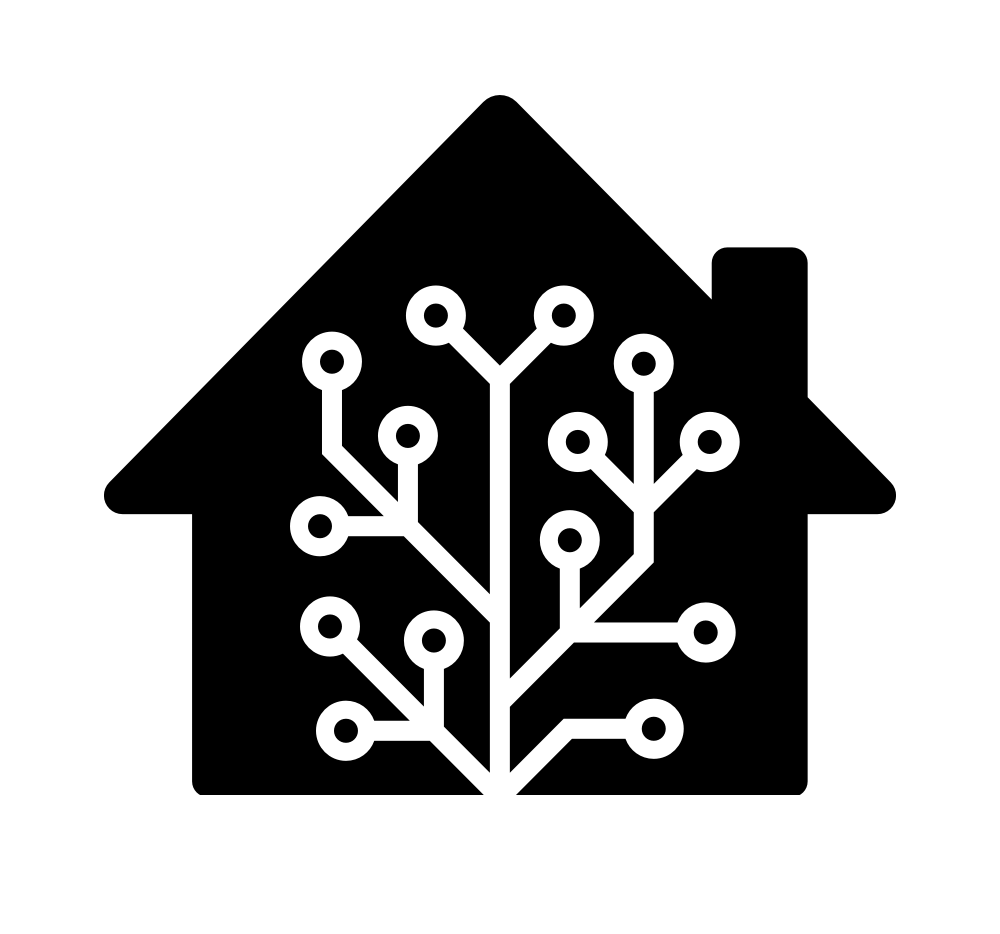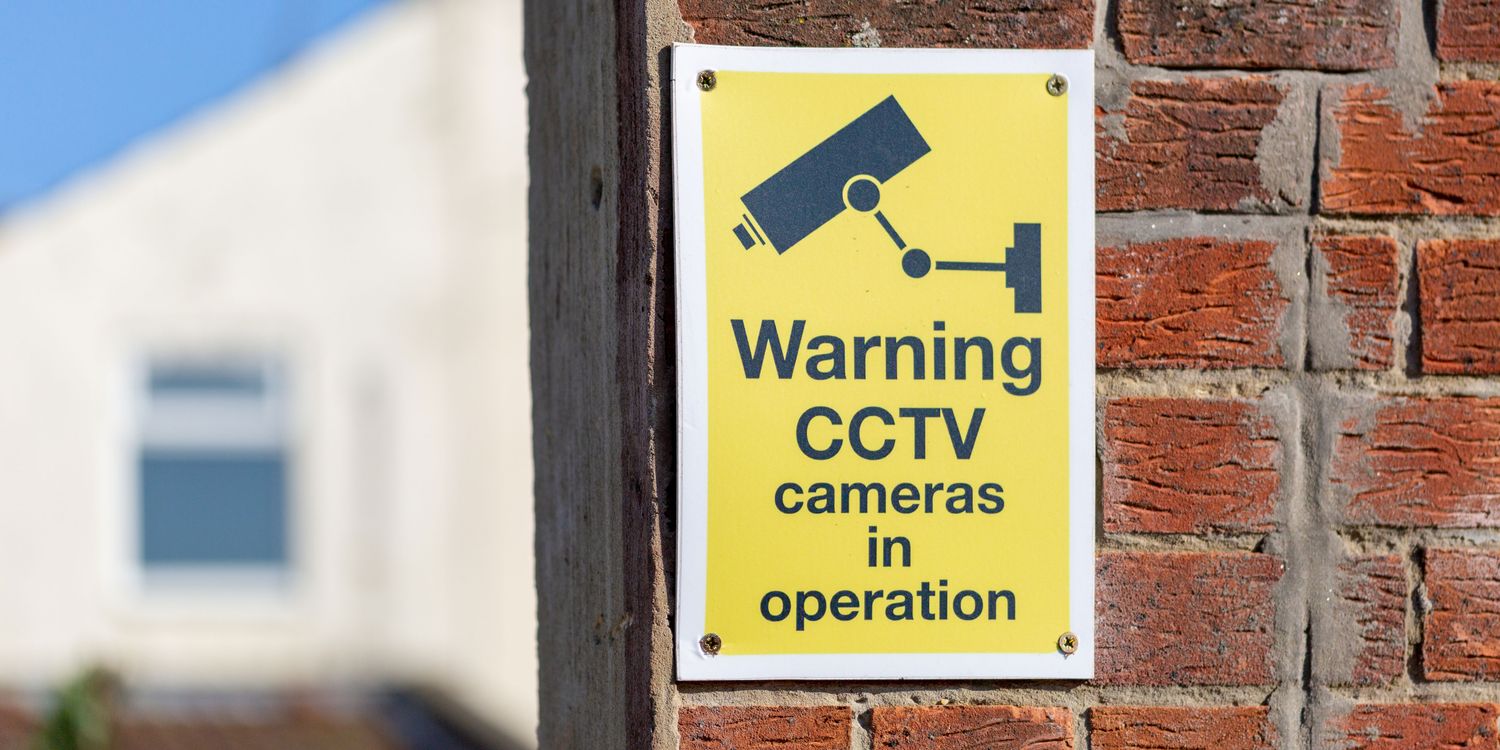Under data protection laws there is a responsibility to take precautions when processing the personal data of other living individuals, including when using video and audio recording devices.
These rules do not apply if your security camera or doorbell films solely within the boundaries of your private property.
If you have a camera that just points at your private driveway, for example, or covers solely your back garden, then you do not need to worry as you won’t be capturing any other private individuals (although, it is worth considering invited visitors and guests when using these devices).
If the camera records outside that boundary, such as the street or neighbouring homes or gardens, then you do have responsibilities under the General Data Protection Regulations (GDPR). This is because you could be capturing audio and video containing other people’s private data.
Just about everyone one of these that I’ve seen is just slapped straight on the front of a house pointing straight at the street. I imagine most people don’t bother even looking at footage that doesn’t have someone suspicious approaching the door but other will be.
It seems like an odd interpretation of GDPR in the article and the one case it cited has a LOT of other factors. How can it be someone’s private information if it was only captured in public? If someone goes walking down the street yelling information or displaying it openly, it is no longer private information
It might be illegal but its pretty much unenforceable. The ICO, who would be responsible, say this: It is difficult to enforce these rules, as it is not easy to find out if the person acts on a request to delete footage. We wouldn’t find it a fair or balanced action to go into a person’s home to find out if they were complying with the law or take other enforcement action. https://ico.org.uk/for-the-public/domestic-cctv-systems/ They say the police are unlikely to take action unless you’re doing something pretty horrible like recording children somehow.
We have one on our front door. It does gave the street but have set the motion detection so you’d have to be on the driveway for it to record and save. It’s arlo so deletes after 30 days or something.
I would say it should be set so you’re not recording your neighbours house or garden. That would be annoying. It’s easy enough to angle downwards or away.
I’ve had to consider this when setting up my CCTV. For now, it only covers my own property, though I did look briefly into the legalities. This article sums it up well: Don’t keep stuff for an unreasonable amount of time, and if somebody asks for video of themselves to be deleted be ready to comply. You also have to be prepared to deal with the police asking for copies of things.
Discussing things with your neighbours should be 100% the first thing too. “This is my X, it covers Y, and it is stored at Z for this many days. You can request footage from me if required, blablabla”. Before the cameras go up!
It’s also a good courtesy to make visitors aware of any indoor cameras you have. Most people will be fine. Imho, especially for tradesmen: Letting them know, and giving them the option for you to turn it off is important. Otherwise they might expect you to be one of those people timing tea breaks.
Setting privacy and activation zones is also important. This can go a long way to reassuring people you’re not just a curtain twitcher on steroids.




